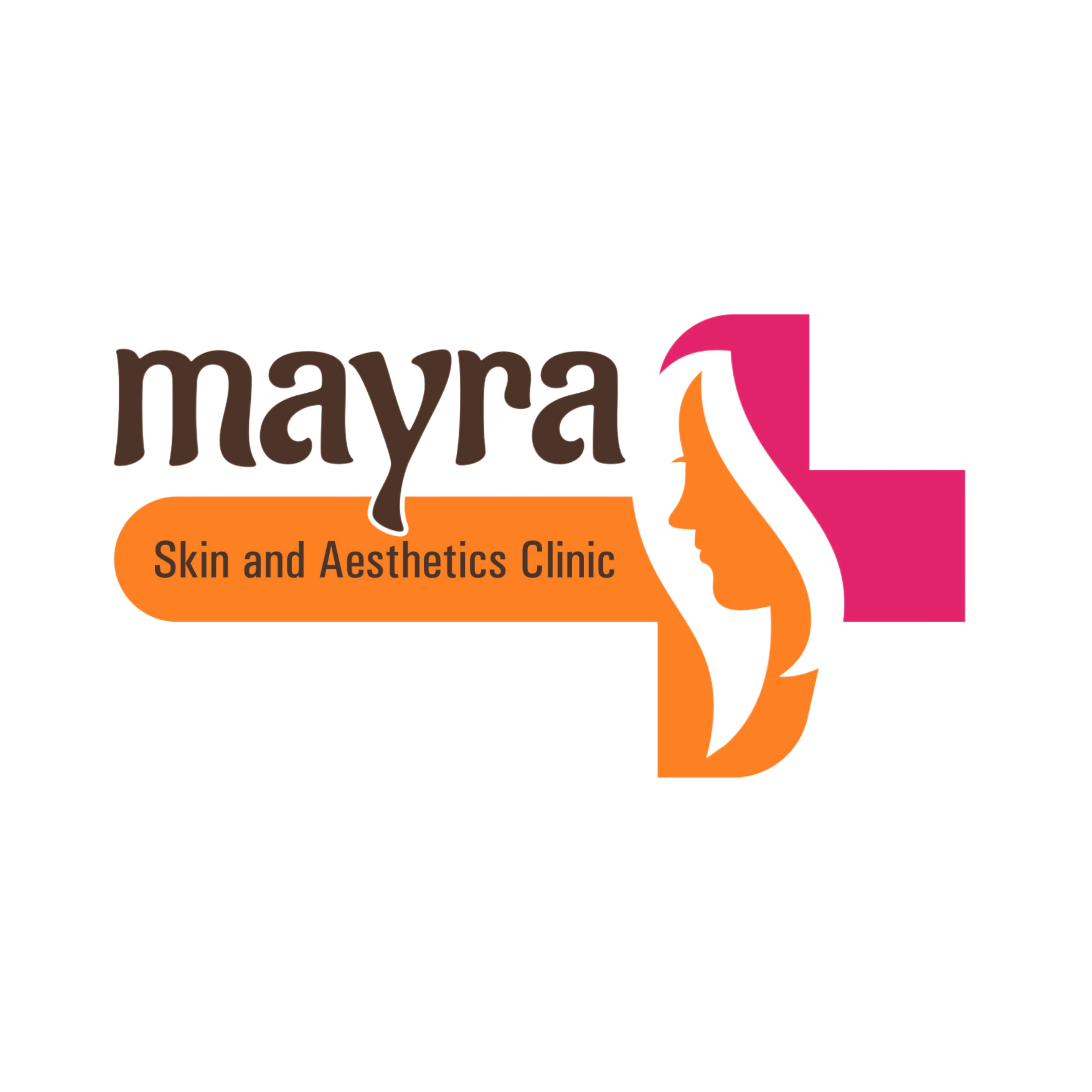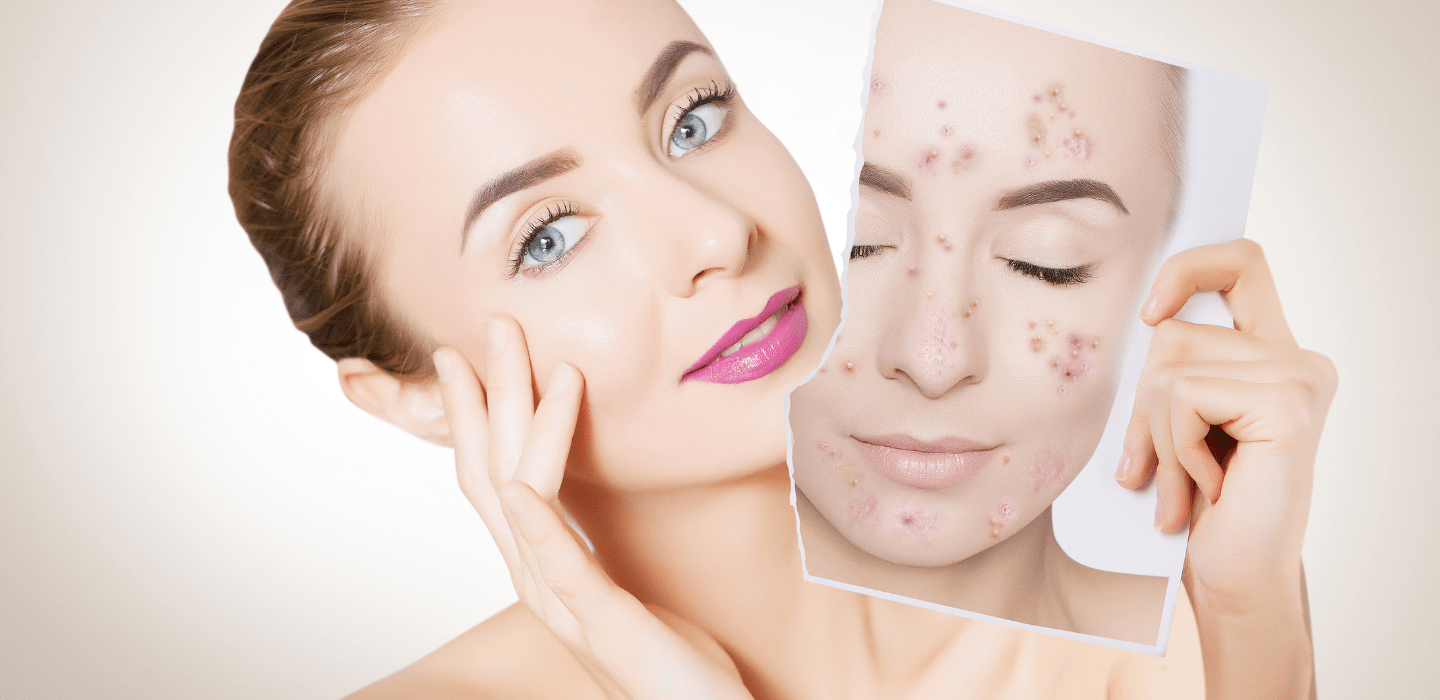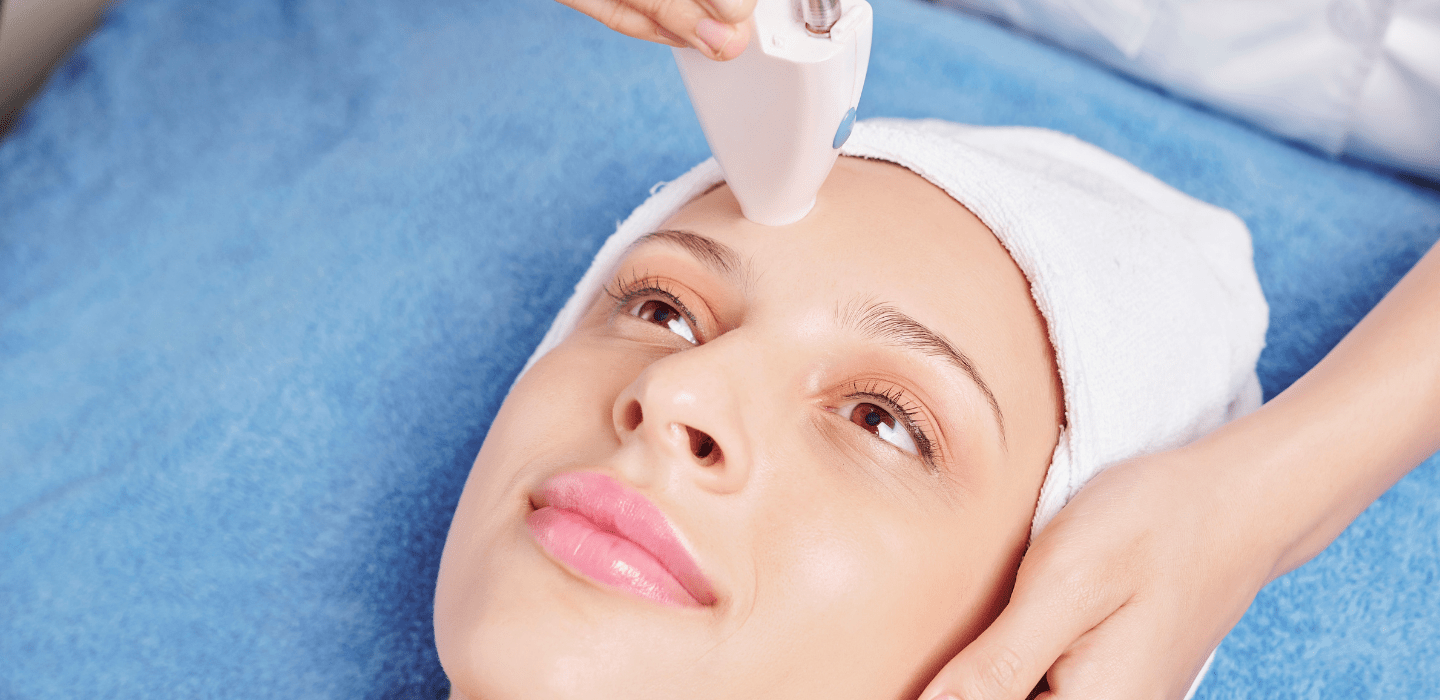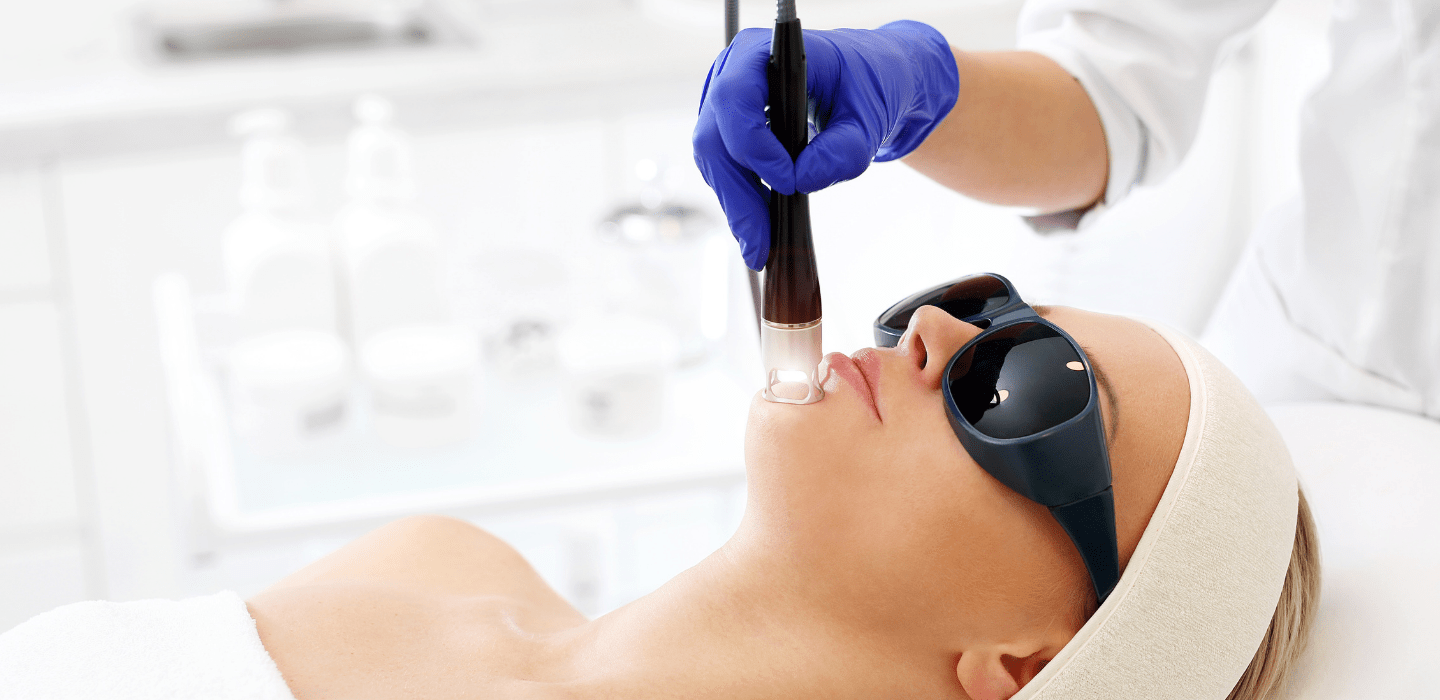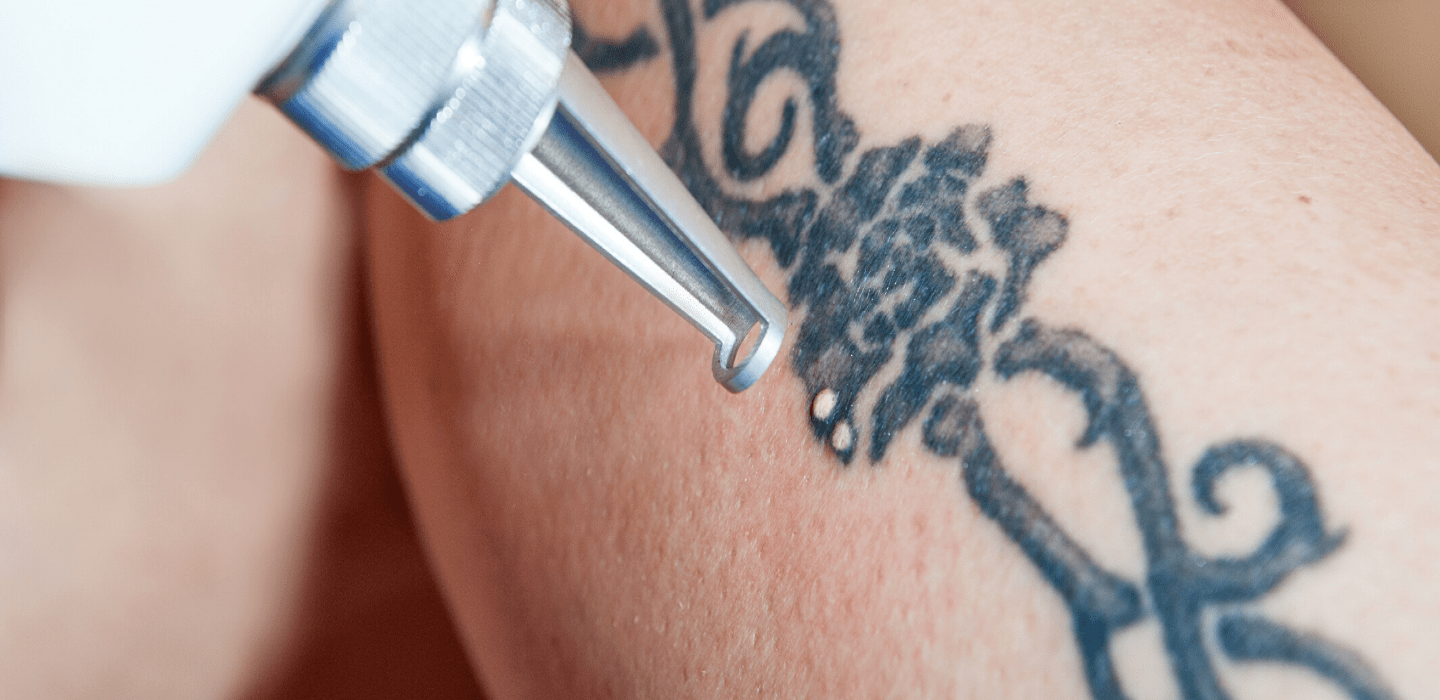Our skin is a delicate part of the body and is very reactive towards even the smallest changes. It can get infected, allergies can develop at any time. Pollution and oil make it dull and dark, and even internal body changes can also leave their marks on the skin. But no skin condition can come any close of being damaging and disturbing like acne. World’s most common skin condition that can affect anyone, at any time. Acne was once considered a teenage problem that occurs during puberty when our body starts to change and causes imbalance. But today acne can occur to anyone, teenagers and adults alike. It can happen due to hormonal imbalance, skin oil, stress, lack of sleep, and even due to eating unhealthy food.
Do you know that for how long acne has been affecting mankind? Well, the answer is since the pharaohs. The evidence says that people at that time were suffering from a skin condition quite similar to acne. At that time, sulfur was used as the general remedy for acne. You can also find content on acne in ancient Greek, where a physician named Aëtius of Amida described the condition as facial skin lesion during puberty. After that, a French physician and botanist François Boissier de Sauvages de Lacroix also referred to acne and described that as small red bumps that develop on face during puberty. After that, many studies were done, and contents were published regarding acne until we finally understand them completely.
Acne develops during the time puberty, which is a general perception. But what during this time and what are the causes of acne. Acne can develop because of many reasons like genetics. Believe it, or not our genes contain acne, which can be passed down to the next generation. Hormones are the second known cause of acne. Hormones like testosterone, dehydroepiandrosterone, and dihydrotestosterone are often associated with acne. During puberty, these hormones become hyperactive and cause skin. It causes disturbance in the sebum gland and enlarges the pores. Infections caused by a specie of anaerobic bacterial known as cutibacterium acnes. Having unhealthily diet and lifestyle stress can also cause acne in adults. An unhealthy diet and stress cause hormonal imbalance, and we have seen how to result in acne.
With the help of research, we are now able to determine the exact cause of acne. Like acne on the forehead is caused due to lifestyle, diet, irregular sleep, and stress. On the nose because of liver and stomach conditions such as constipation, indigestion, and poor blood flow. Hormones and stomach imbalance cause acne on chin. And on cheeks, it can develop due to lung disorder, allergies, and poor hygiene. Apart from the face, acne can affect the neck, shoulders, and chest too.
How Pimples Can Turn into Acne
Acne doesn’t appear as acne in one short but takes some time to develop, generally, it starts as pimples. When the sebaceous gland starts to work overtime due to hormonal imbalance, it produces excessive sebum or skin oil. With time the oil absorbs impurities and dead skin. This mass then settles down in the hair follicles, which results in blackheads. After a while, a thin skin layer develops over them and turns them into whiteheads and creates an ideal condition of infection. Finally, when the mass of skin oil, impurities, and dead skin gets infected, the acne appears. By understanding the mechanism of how acne develops, we prevent them. However, you may need targeted clinical dermatology treatments to eliminated the skin problem ones in for all.
How to Prevent Pimples and Acne from Occurring
The cause of acne is internal body changes and lifestyle because of which they can occur again and again until you undergo some treatment. But there are some simple ways which can prevent them from developing frequently. Firstly, you should avoid eating oily and extra spicy food because they can affect hormonal activities. Drop smoking and drinking, because they affect the lungs, liver, and stomach, and the smoke from a cigarette also clogs the skin pores. Avoid using chemical skin products and, most importantly, keep proper hygiene and face your face regularly. Follow these ways and reduce the chances of recurring acne.
How Targeted Cosmetic Skin Treatment Can Help
By understanding acne, its causes, and effects, we were able to develop some beneficial acne treatments that can help.
- Chemical peel treatment is primarily used for acne treatment. This treatment uses chemicals like glycolic and salicylic acid to exfoliate the skin and removes oil and impurities.
- Laser acne treatment is also an option available for long-lasting results. In the procedure, a gel is applied to the skin, which makes it numb. It is important because the laser can irritate.
- An expert dermatologist in Indore also offers microdermabrasion treatment for acne in which the skin gets exfoliated using organic crystals that are forcefully sprayed on the skin surface.
Conclusion
All in all, acne is one stubborn problem that is hard to get rid of. It can develop anytime and to anyone, but you can easily delay its recurrence by understanding it. Follow a healthy lifestyle, eat a balanced diet, take care of hygiene, and look after your skin. These are the first steps to fight acne. And even though it still appears, then visit dermatology and undergo cosmetic skin treatment for acne.
